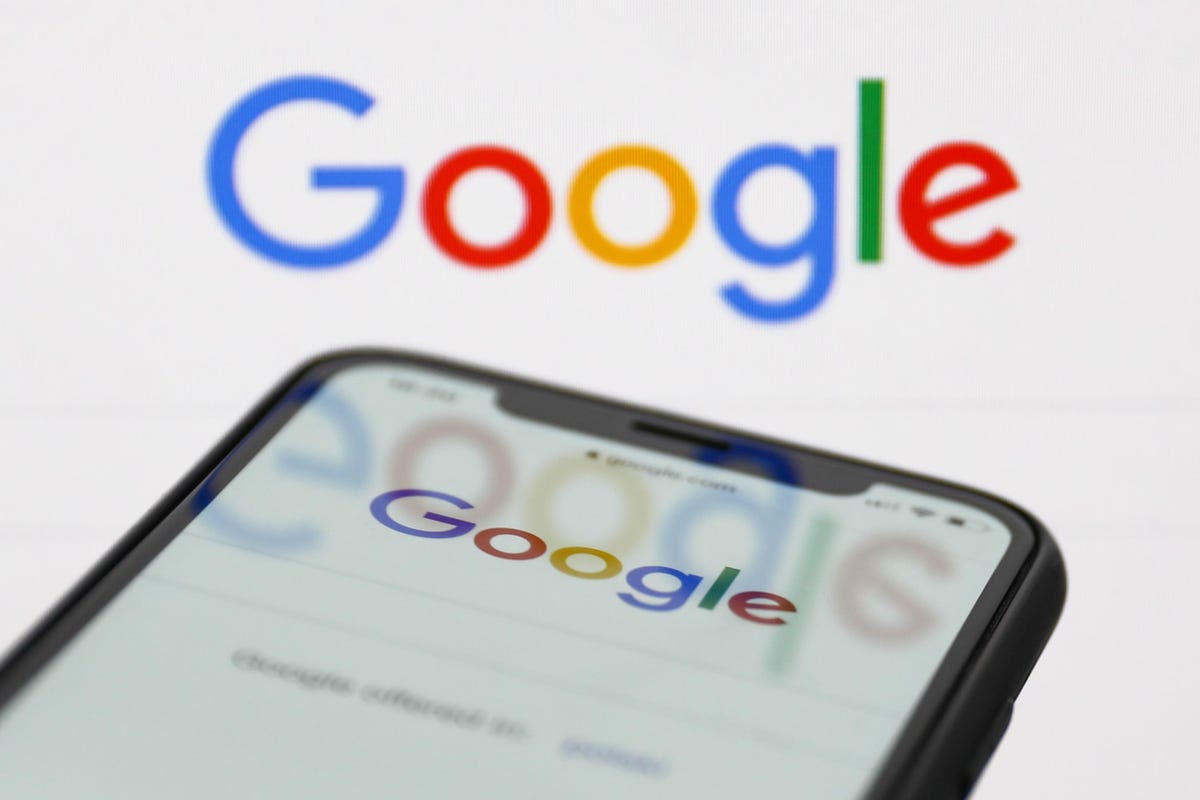SOLEDAR, UKRAINE – FEBRUARY 27: Troopers within the Ukrainian Military withdraw 15, 100 mm caliber artillery … [+] weapons in Soledar, japanese Ukraine, on February 27, 2015. In accordance with a February 12 ceasefire brokered by the leaders of Ukraine, Russia, Germany and France, Ukrainian forces and Russia-backed separatists agreed to cease combating and withdraw heavy weapons from the frontlines of a battle that has killed over 5,000 folks previously yr. (Picture by Scott Peterson/Getty Photos)
The time period “pretend information” has now turn out to be meaningless.
Simply ask Mary Blankenship, a coverage researcher at UNLV and a local of Ukraine.
In analyzing some 34 million tweets about the Ukraine war, the graduate scholar and researcher for UNLV’s Brookings Mountain West discovered that there’s an abundance of what she calls info air pollution.
The undertaking began by researching about 12 million tweets however that quantity tripled in solely three weeks. Her most important discovering? Pretend information is alive and properly.
Sadly, it’s also very laborious to pin down what “pretend information” even means.
Initially, on social media particularly, pretend information was all about misinformation. Since anybody with an electronic mail handle can create a Twitter account, there is no such thing as a vetting course of and no approach to confirm something you submit.
Twitter has labored laborious to research its personal platform and can sometimes block some content material or challenge a warning about potential misinformation, however uninformed opinions nonetheless rule the day. In only a cursory look at tweets in regards to the Ukraine battle, it isn’t straightforward to inform who’s disseminating factual info and who’s merely on a cleaning soap field.
And, it’s far worse in Russia.
Blankenship discovered that the time period “pretend information” means one thing fairly completely different in that nation. Utilizing the time period “battle” can result in a 15-year jail sentence, she notes. Russia routinely labels any details about the battle as pretend information, which suggests they’ve commandeered the time period itself.
Blankenship additionally discovered that VPN shoppers are banned, so this can be very laborious to search out correct info that’s not filtered or blocked by Web service suppliers.
“This ‘info air pollution’ shifts the main target from the precise points into dialogue of what’s actual and what isn’t, which may delay decision-making, or altogether cease decision-making. In a unstable scenario like this, the place so many individuals’s lives are at stake, even a small delay in decision-making to debate this disinformation can have critical repercussions,” she notes in her report.
As a result of social media is partly a type of clickbait to extend visitors on web sites, it doesn’t assist that there are now hundreds of Russian-controlled sites that spread misinformation. What this implies is that it’s more and more tough to know if a submit on social media that results in a web site is definitely official.
We’ve all been educated to assume {that a} hyperlink helps validate a declare, however the individuals who unfold misinformation know {that a} skilled net design is all it takes to persuade folks one thing is true. Pretend information is now such a fluid time period that you simply solely want a GoDaddy account to create a web site and begin spreading misinformation
Blankenship says a superb tactic is for the military of social media residents to report info on the platforms that’s clearly false. She additionally means that commenting on uninformed posts just isn’t a good suggestion, principally as a result of the algorithm will reward common posts. The algorithms aren’t sensible sufficient to know the engagement comes from those that disagree with the claims.
Ultimately, that’s the most critical challenge of all: that the algorithms management the movement of reports. Now that the time period “pretend information” is meaningless, we’ve handed over the information aggregation to bots that don’t appear to know the distinction between reality and falsehood. Ultimately, they solely need you to click on.






